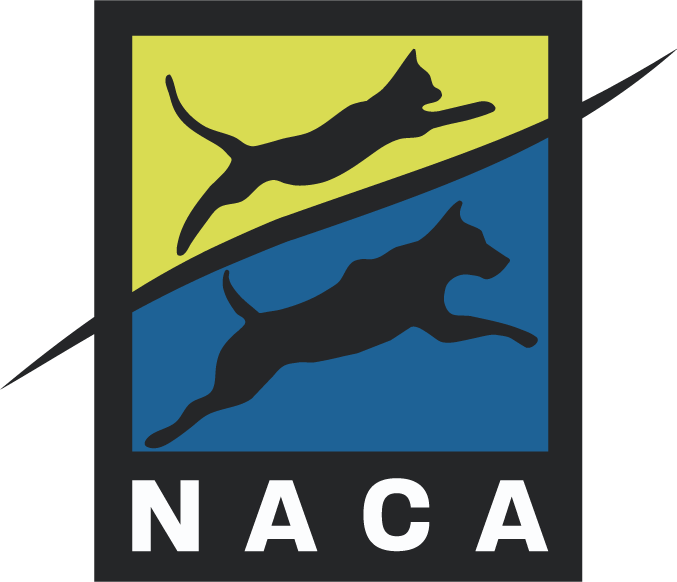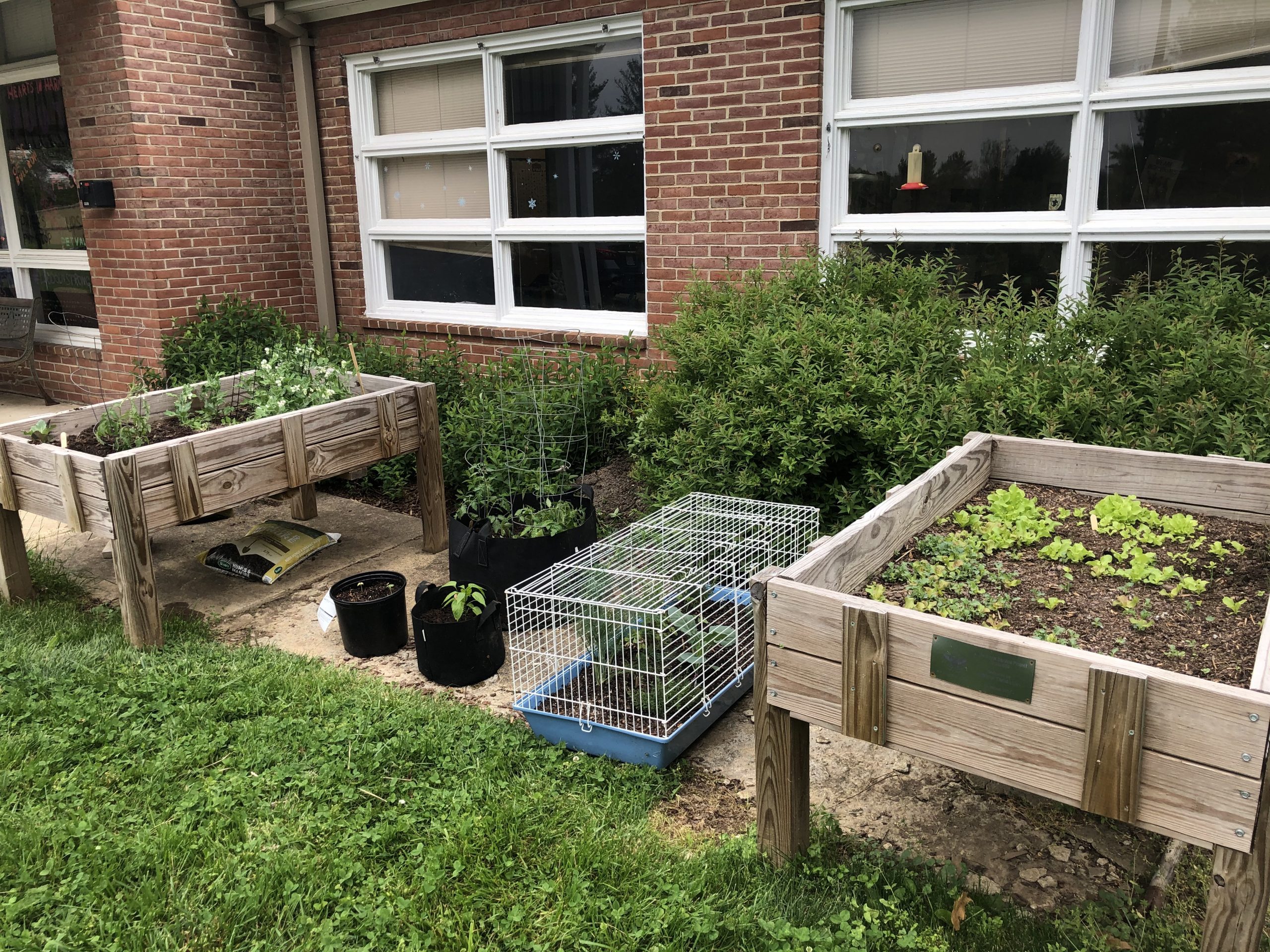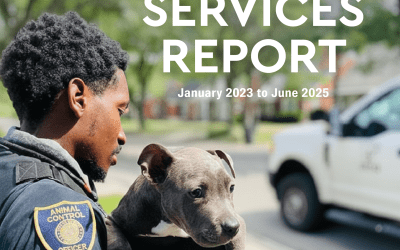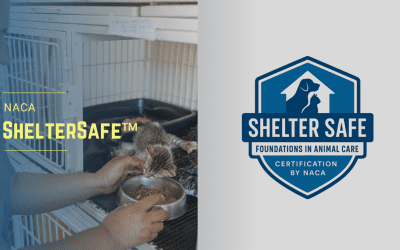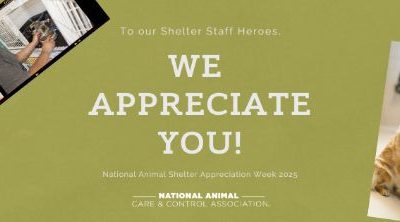COVID-19 has changed our profession, possibly forever, and in many ways, for the better. We have started having real discussions with our state and local governments on what it means to be essential. We have adapted our shelter intake models, seeing intakes drop and adoptions soar. In light of these remarkable changes, you would expect to see the staff morale at our facilities sky-high, right? And maybe you are seeing that. But, if you, or your teammates are in a slump right now, it’s okay.
If your agency stopped taking non-critical intakes or calls for service, you likely feel like you’ve been running from one emergency to the next. That your kennels only have profoundly ill, injured or aggressive animals in them. That your citizens are stressed out and overwhelmed and those emotions are getting thrown at you, and if any of these feelings resonate with you, know that you are not alone.
Loudoun County Animal Services (LCAS) is a municipal animal services agency, in a community of about 400,000 people. Normally, this time of year, kittens are arriving at our door by the boxload, while calls for service on dogs running at large and concerns over wildlife keep everyone busy. This year, however, after closing to intakes, other than stray dogs (per county code) and urgent surrenders, our intake numbers dropped by over 70%. One the outside, this seems amazing- and it is! But while the animals still arriving are the same critical or aggressive cases we would normally receive, the boxes of kittens and “I’m moving” dogs aren’t coming in. This means that our staff are missing out on the happy endings that we all got into the field to experience, and don’t quite get the break in between tough cases that we are used to. And those tough cases might either feel harder, or they might actually be harder. Here in Loudoun, we have seen a sudden, substantial increase in violent crimes against animals locally, and bites where owners are the victim have gone up 72% in the past two months. While we should all be proud of the hard work we have done to make positive change, there is no shame in admitting that the current environment is a challenging one for us and our teammates, and these challenges go well beyond our trucks and kennels. Some of our colleagues are struggling to balance childcare, vulnerable family members and compromised income, along with the new stresses of work in a different environment. While we are all going through this pandemic together, we all have our own lives to balance with an already complex profession.
At LCAS, we are trying to keep the environment as low stress as possible- starting a staff garden, hosting grill-out Thursdays in the employee parking lot, permitting pets at work for our shelter staff and dispatchers, making sure everyone has PPE and what they need to feel safe, while allowing telework as much as possible and being flexible with staff schedules. No one has ever said that being essential is an easy job, but it is one that we have taken on with pride. And while the community trusts us to take care of their animals, we need to make sure we are also taking care of ourselves. Reduced intakes does not mean reduced stress.
There is no better time than the present to look after your own mental well-being. If you need to take time for yourself or your family, related to COVID-19, there are federal workplace protections in place for you. If you are feeling overwhelmed, you are not alone. Don’t hesitate to reach out to colleagues, to your locality’s EAP, professional therapists, hotlines or other support networks. Times are changing, and in many ways, it is for the better, but it doesn’t mean that your struggles should be discounted. Recognizing our challenges is the first step in resilience, and while our stats, our resources and our communities are different, we are all in this together. And when we come out on the other side (are we there yet?), I want you all here alongside me to try to tackle the next round of progress in animal services.
Nina Stively is the Director of Loudoun County Animal Services, a municipal agency in northern Virginia, handling animal sheltering, humane law enforcement and community programs for a community of about 400,000 people, full of companion animals, livestock and wildlife.

